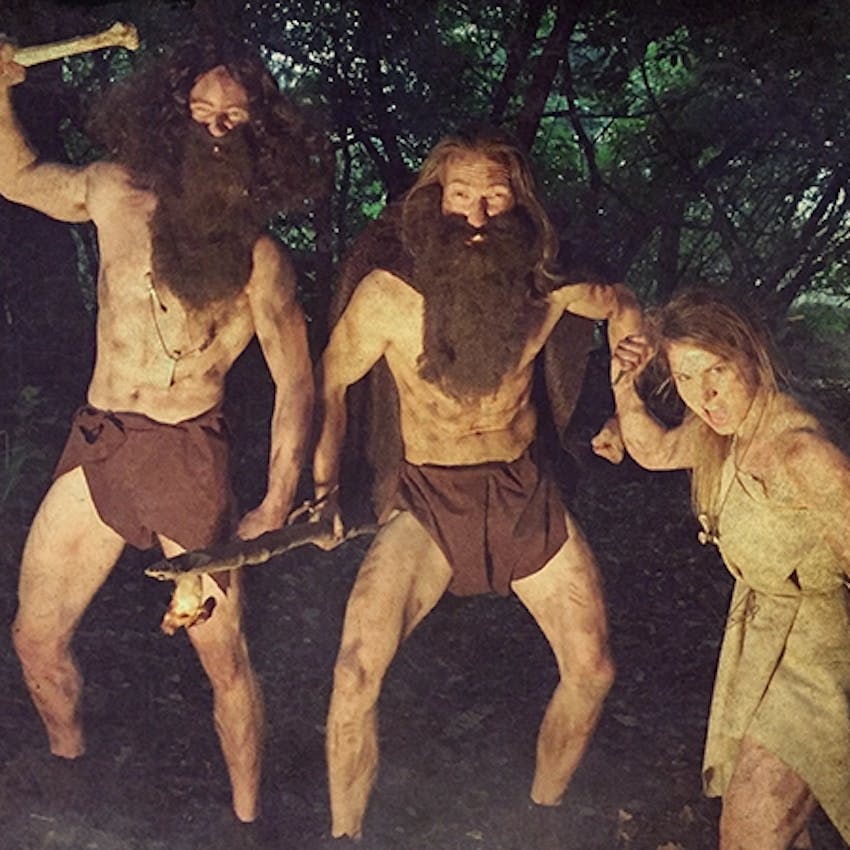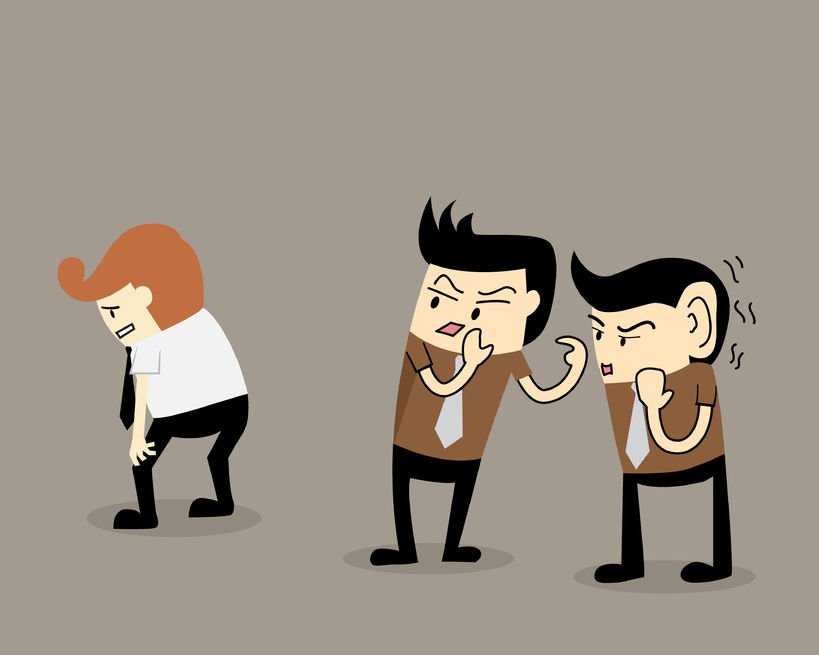Relativity and Ethics
The relative reality and its ethics. As we have argued, the world depends on our own biases and perception of it. Thus, whatever we attribute to it has no concrete, unquestionable nature to it. Such is the case with a fundamental in modern human society; the case of ethics. In this relative reality, ethics can only exist as an illusion that was created with a purpose. The purpose is to keep the people controlled and morally in line.
Ethics and morals follow, or shadow, the concept of the self and the individual person. As the concept of you or the self is relative and up to be interpreted, so is the concept of morals and ethics. In conclusion, all is relative, but we still believe in absolutes. The principles of good and bad are upheld by the group mentality. The Consensus holds the power in truth and ethics.

Foundations in relativity; we have now established that the world that we exist in, and its ethics, are relative and depend on our own individual perspectives and biases. This should mean that, in theory, there should be no, or at least there be no need for, order, civilization, ethics, or laws. However, contrary to that, these ideals are still very relevant to everyday life, even in the lives of individuals that subscribe to the idea that everything, most importantly, ethics, is relative.
Even though all is relative, there are still foundations and bedrock in our civility; laws, orders, and culture. This is because humans are social creatures that we interpret and discuss. This means that the influence of the “many” and the “majority” is prevalent. This brings in the direct reintroduction of the Social Shepherd Theory. It is due to sociological influences that these illusions and ideals are upheld; civilization is what prevents savagery.
Recontextualizing symbiosis as human-animal relationships. Before there were humans, and even during and after the existence of humans, biological creatures and organisms exist in relation to each other. These relationships have many names, but the basic taxonomy of the different relationships is headed by symbiosis. Symbiosis is a system of relationships between organisms.
The sociobiological relationships of humans are corresponding relationships to micro-organisms and macro-organisms. An eloquently expressed name of symbiosis is Alan Fiske’s Relational Model Theory, which illustrates the relationship of humans in a scientific format. Humans are, by their very nature, social and irrational creatures. As biological individuals, they exist and abide by the conduct of nature and her laws. So long as humans are Genus Homo, they will be human; thus biological creatures that follow the laws of nature and exhibit behaviors of other organisms.
The different symbiotic relationships include:

- Mutualism: a healthy relationship.
- Commensalism: a relationship where only 1 party benefits.
- Parasitism: a relationship where 1 party benefits, while another is drained.
In order to review something as complex as sociology and the systems of human relationships, we must review some of the fundamentals that we might have previously overlooked due to its simplicity. Even though humans view themself as higher than the common animal, being civilized and describing “uncivilized” as a derogatory comment, we can study animals and biological creatures in order to better understand our own animalistic nature. Even though as humans, we attempt to distance ourselves from the likes of animals by branding them as savage and branding ourselves as “civilized” and “humane”, it asserts that human nature and our morality is superior to the likes of wild animals.
If we deject and attempt to mitigate our animalistic attitudes so much, and we view our own human-made ones as superior, what does that mean? As humans are also animals, we can study the ethology of humans as much as we can study the ethology of other animals. Be it advanced or social, we are still animals, so we can study our own behaviors in relation to other individuals and communities. Friendships and courtship are forms of symbiosis. Courtship and marriage, in theory, should be a mutualistic relationship in which both parties benefit. However, this is not always true, as seen in one-sided relationships where one spouse drains another of money and resources maliciously; this would then be a parasitic relationship.
As complex as human relationships are, and how it is viewed as a higher form of “relational” science; sociology. In sociology, it is more complex and personal than the study of ethology, due to factors such as romantic trust, finance, and other important factors on Maslow’s hierarchy of needs, and being able to manage their needs and priorities. While it is true that human sociology is more complex than the study of some simplistic animals, humans are still animals, respectively, and their animalistic nature can be examined.
Inherency of human nature and behavior.
Humans, without any nurture from other humans, have many different instincts and behaviors that we programmed into their brains. These instincts exist without the illusions in modern-day humans’ babies are not born with the concept of evil, god, or of nations. Thus, humans have, innately, an animalistic force within us all. These animalistic forces are forces of the wild, untamed, and thus ‘uncivilized’ by nature. As it does not exist without the existence of humans, the concepts of morality and hell are not relevant to these babies and little children. They are, thus, pure. But oddly enough, to be pure for them means to be animalistic and savage.

If by nature, humans are animalistic, and animalistic tendencies are savage and immoral by nature, this means that the baseline model for humans is what we describe as “evil.” If human creatures are by their very nature, evil creatures, this would mean that human nature is inherently/traditionally evil. Regarding the innateness of savagery in human nature, in the very business of human nature, we are an animalistic force that would otherwise be defined by ‘evil.’ The concept of evil and bad, on a moral level, would be that which is the opposite of the civility that humans have established. This raises an interesting view. If it is true that humans have created the idea of civility, that would mean that there was a reason for humans creating a system to deny their very innate nature.
This poses an interesting position of how the concept of etiquette and civility came to be in the first place. This is very likely a result of humans wanting to suppress their anarchic, wild nature and replace it with a tamer personality. These tamer personalities, as controlled and maintained by morality, ethics, and religion, create what I now term the “Interpersonal Theory of Autonomy.” It’s a system in which ‘the people’, or the ‘consensus’, or the ‘masses’, influence individuality.
–
Morality of Nature
Does existence precede essence? Yes, without existence, the essence cannot exist in the world. A method of finding out whether anything metaphysical, a concept of a belief, is an illusion or not would be considering whether or not it existed prior to the existence of humans; the originator of these stories, symbols, and providing meaning to things. Thus, prior to humans, the concept of money (currency), countries, and religion did not exist. Although certain things existed in nature prior to humans but were adapted by and used differently by humans; the rituals of dance and superiority.
- While they did exist prior to humans, humans provided a new purpose to them.
Thus, the concepts of religion, evil, and holy were created by humans. It is not of nature, but that does not necessarily mean that it should be abolished. Illusions are vital to human society and our collective nature as a pack. The hierarchical concept of a democratic group, same as faith, and unity, is relevant. Next would be explaining illusions and the power of the people. The people are more powerful than the self because humans are social creatures. Concepts of monogamy and relationships are symbiotic in nature but are used by humans in a different, less-natural application. Humans have created illusions, but humans have also reapplied and changed nature to make their own customs and cultures. Love, empathy, and faith are very “human” qualities. Such as morals are human qualities, and the innateness of humans is very animalistic. As animalism is frequently the opposite of humans and viewed as savage and uncivilized, it would be considered “evil.”

What is viewed as evil is simply normal in nature, and human morality rejects nature and allows humans to live together. The threat, now that it does not determine the strength and the alpha, is placed on the effect of the group on the individual. I term this the Social Shepherd Theory, but what is the Social Shepherd Theory and its applications?
This theory posits that the individual and the self are massively affected by society; as humans are social creatures, they are very much influenced by other people and other relationships. Isolation is a powerful tool to use as humans, same with ostracizing them and removing them from the pack. This is the pain of being a social creature, but also a powerful tool for humans to use; it collects people in an orderly and organized way. The sense of collectivity and wanting to be a part of the group in symbiosis is very powerful in their individualism.
–
Definition of Morality
Morality is a concept that was brought about for what reason? For it is obvious that we live in an inherently immoral world. There is no inherent meaning to anything. Is life in pursuit of good or avoiding the bad? This is a question that is important to human existence, but not the same as altruism versus egoism.
Humanity has created these constructions in order to bring power to the many. It is mutually beneficial because it prevents many parties from hurting one another. An eternal threat is presented in hell, and an incentive is delivered; Heaven. In order to continue to progress and maintain order, there have to be threats and forces to keep the pack on track. To keep the many in line and scare the “bad,” by proposing an all-powerful, undefeatable enemy within Hell (which is their shepherd). That is what leads people; humans often live in a herd mentality.
There are two great societal theories, the great men theory and what I call the the mass theory; also called the people’s history. Personally, the mass theory is significantly better and makes more sense.

The shepherd is not the person, but the idea and consensus of the people. The role of the consensus and the people and ostracization is the threat. Threats mean that someone is superior; power. There needs to always exist a threat when there is security. Every action has its equal and opposite reaction. As influence is power, the consensus of the people is the strongest influence, so the consensus is power. What leads the world is the people as a collective entity. With etiquette and acceptance of truth, good, and bad.
Napoleon did not define France during its revolution, the revolutionaries did. The collective people create a vague entity known as the people. As there cannot be someone to enforce order upon too many people, religion was used, as a powerful illusion, to lift the public and put them under control. Religion creates a powerful, mutualistic (controls and rules) sense of similarity and connection, which creates a stronger group with fewer potential dangers; a hive-mind mentality.
The concept of the mass of the people is often influencing the self. An example of this would be how you would rather fit in than be ostracized and left out of the pack. Thus, there exists a mental bias toward the larger group; leading to an assumption that more people believe in something probably makes it true.

Life is suffering; a reflection of Buddhist-Schopenhauer philosophy. The reason life is not positive and is instead negative is within the fundamental, microbial qualities of life. Within the life of a singular cell, it suffers day by day only to be able to reproduce. We all lead to death, and life is attempting to prolong life and delay death. It is also there to reproduce and continue the existence of life. Not necessarily its own life or an entity-singular level, but more than the purpose of life as a general concept is to continue itself biologically. Thus, in reproduction, it continues itself indefinitely and evolves to live better. This means to be stronger and is more likely to survive longer, then procreate, then repeat.
> This means that the purpose of the vague concept of life is to indefinitely continue itself.
> Life is in defiance of eternity (death)
There are key terms and relationships:
- Relationships = Symbiosis
- Rule & Order
- Ostracization and threats
The world is as we perceive it from our own perception, as our self. The self, in actuality, is dependent on 1., believing that we in ourselves have free will, and 2., having precedents in the past and reality that supports that. Thus, a concept of the present and a concept of action of the past leads us to believe that we can bring about the future.
Illusions are ideals that are not necessarily bad, as society functions on them. Perpetuated illusions and dogma such as the concept of money, countries, and societies help to bring about civilization. Within the same spectrum, the concept of hierarchies (such as the inherent inferiority of slaves and Natives perpetuated within colonialism) is a form of dogma and illusion taught to the people. Morality is a powerful illusion. Based on societal norms.
Racism is the idea that certain races have inherent qualities that make them inferior or superior to another or multiple races. It’s perpetuated in order to claim dominance over a race. The potential negative will to power.

Morality and dogma is needed to function within the world. The most powerful of all illusions, comprehensible to us, is that of free will. As it affects each and every conscious decision that we, as individuals, make. Without free will, then we cannot believe that we can make a difference or a change within anything. It is impossible to conceive of a world where one believes that each and every decision that they consciously make is not their own, but instead that of a higher power marionetting their actions. Thus, every relationship, every force majeure, and every minuscule action in the world must be deliberately planned. A world where there is no luck, no chance, and no possibilities that one could actually do.
Disbelief is an inherent distinction between altruistic and egoistic qualities in the human race, as morality is inherently a cultural-based normality that is believed by society (and thus by the rule of the consensus, it is true). The world is amoralistic, with nature beginning before any human activity. In common religion, a theist would typically believe that the higher power, or a God, has a plan. This is a very strict and hard form of determinism.
